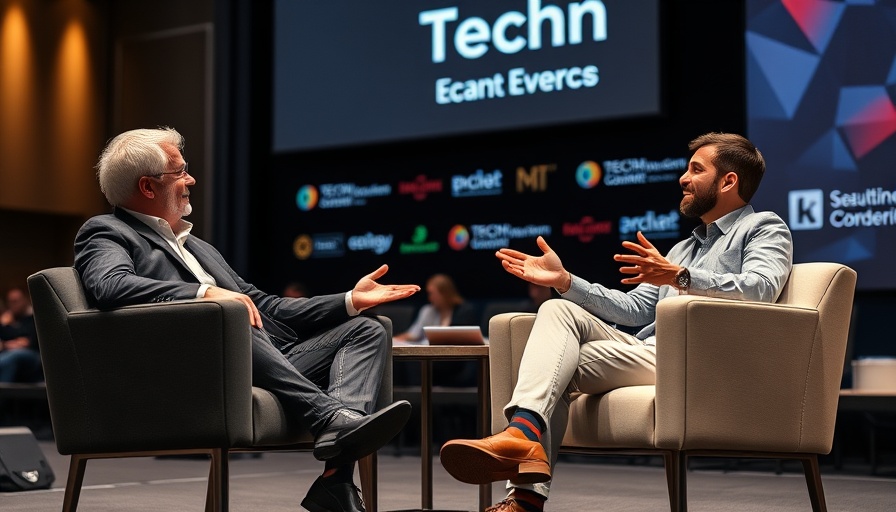
The People-Driven Success: Why Talent is Key in M&A Transformations
In the high-stakes world of mergers and acquisitions (M&A), strategy isn’t solely about numbers; it’s about people. Recent research from McKinsey highlights that leaders who prioritize the human element—capabilities, culture, and talent—during post-merger integrations are not only enhancing their chances of success but are revolutionizing their organizations. As companies grapple with waves of change, understanding the transformative power of effective talent management becomes crucial.
Transformative Opportunities with M&A
Mergers and acquisitions provide significant opportunities to reimagine corporate strategy. CEOs often recognize that these transactions can unlock value through enhanced operations, strategic realignment, and the cultivation of innovative talent. Out of these avenues, the ability to attract and retain top-tier talent stands out as a cornerstone of effective organizational transformation.
The challenge lies in navigating these transitions successfully. Acknowledging the intertwining of talent management and strategic development allows companies to lay the foundation for potential growth. For instance, a recent merger in the packaging sector generated over $1 billion in shareholder value, significantly enhancing EBITDA by 45%. This profound success wasn’t just a product of operational shift; it was the thorough investment in human capabilities that steered this transformation.
Fostering a Culture of Capability Building
To succeed, CEOs must actively redefine their approach to finding, training, and retaining talent. This involves establishing a culture that prioritizes capability development. By undertaking organization-wide diagnostics and embedding new ways of working, companies can cultivate an environment ripe for innovative thinking and proactive leadership.
Leaders should consider leveraging "crucibles"—intense experiences that propel individuals into leadership roles. Such experiences, designed within the merger framework, not only equip talent with essential skills but also foster allegiance and ambition among employees, driving further success.
Addressing the Talent Challenge
Identifying the right talent for the right roles is imperative. Executives must address skill gaps early by investing in targeted training and development programs, thus mitigating the risk of suboptimal performance. This strategic foresight will fortify the organization’s operational capabilities, leading to a more resilient enterprise poised to navigate future challenges.
As the landscape of industries evolves amidst rapid technological advancements and shifting market demands, the companies most adept at managing their talent will emerge as leaders of innovation. For the burgeoning professionals in sectors like healthcare, finance, and tech, these transformations necessitate a keen understanding of leadership dynamics and organizational change.
Actions That Inspire Transformation
The insights draw attention to the actionable steps that organizations can take to ensure alignment between business strategy and human resource management. From comprehensive employee engagement surveys to fostering a compliant yet innovative culture, the strategy is multifaceted and requires ongoing commitment.
For mid-to-senior professionals navigating their own paths in these industries, understanding the trends surrounding talent management in M&A will empower them to better position themselves for leadership opportunities. Embracing these strategies not only serves individual career growth but also contributes to the collective success of their organizations.
A Call for Proactive Leadership
As we venture further into ground-breaking transformations in business, the significance of skillful talent management resonates even more strongly. CEOs and leaders must not just adapt but anticipate shifts within their industries, becoming champions in developing people-centric cultures that propel their companies into the future.
Your next step? Engage with experts, dive deeper into industry reports, or even consider enrolling in leadership development programs that hone these critical skills. The time is ripe for expertise to take center stage in navigating the modernization of our workplaces.
 Add Row
Add Row  Add
Add 




Write A Comment